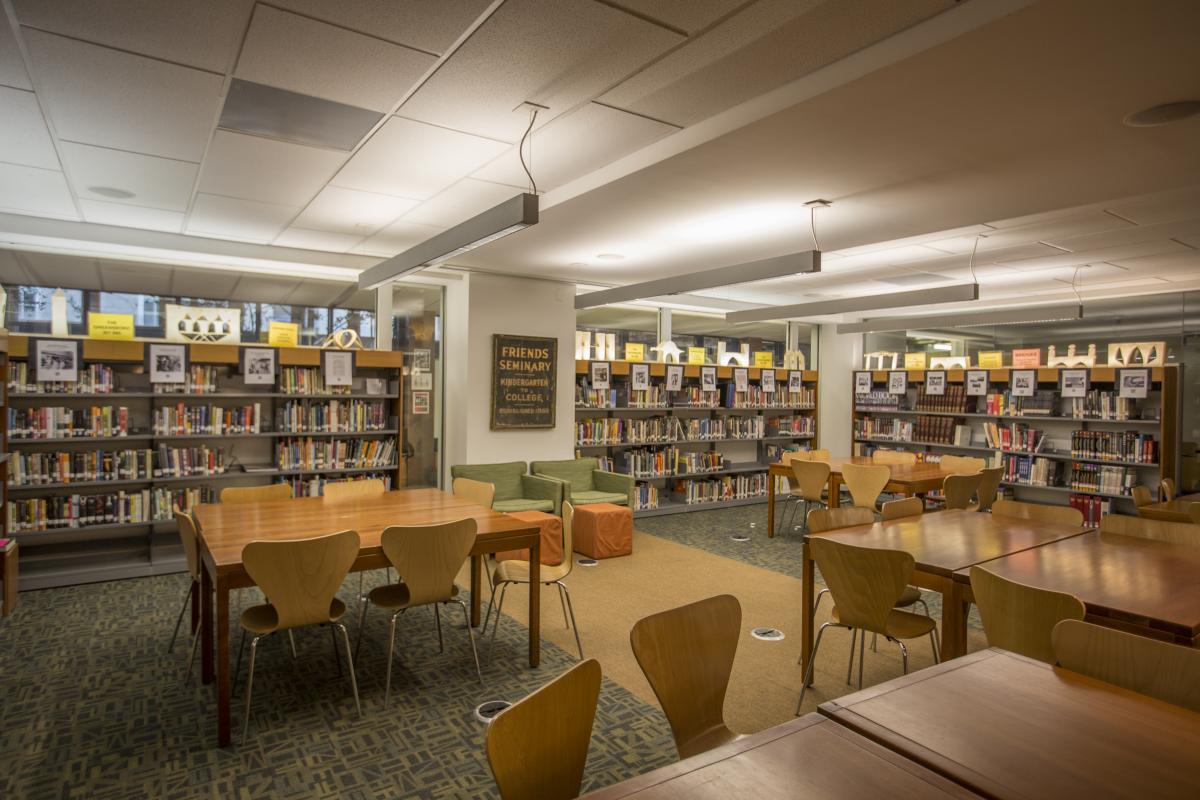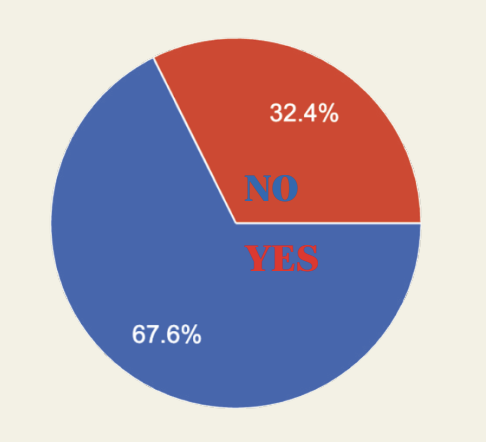Pandemic limits Lunar New Year celebrations
The pandemic forced cities to cancel Lunar New Year celebrations, and Friends Seminary’s annual festivities were moved online. Despite these changes, community members found ways to celebrate the start of the Year of the Ox.
February 27, 2021
February 12th marked the beginning of a cherished 15 day celebration in Chinese culture: Lunar New Year. The holiday signifies the start of a new year in the traditional lunisolar Chinese calendar, starting on the first full moon between January 21st and February 20th. The two-week period is a time of family gatherings, public parades, fireworks, and vacations. This year, the pandemic made celebrations more difficult.
Though Lunar New Year is celebrated worldwide with large parades in city streets, numerous cities including New York City, Paris, Hong Kong and Melbourne were forced to cancel public parades in celebration of Lunar New Year due to the pandemic. Friends Seminary’s annual festivities were also reduced and moved online.
Calvin Condon ‘22, whose family celebrates Lunar New Year, said he felt this year’s Lunar New Year has been difficult to celebrate. “It was a shame how many parades were cancelled this year because of the pandemic,” he said. “This year obviously was not a normal year both inside my family’s home and outside.”
Despite the restrictions on public celebration, some family traditions have managed to survive the pandemic. Mandarin teacher Lynn Lin described her family’s pre-celebration preparations. “We first clean our house [and] pay off our debts. If we owe someone a favor we do our best to fulfill it, all to try to be on the cleanest slate for the New Year,” she said. “We decorate our house with plants, paper cut-outs, traditional spring couplets around the door, and some people put door guards on their doors to fend off the evil spirits.”
In regular years, Friends Seminary would celebrate the first day of Lunar New Year by offering traditional Chinese cuisine in the cafeteria and adorning the campus with traditional decorations: lanterns, flyers, and the famous red envelopes. These decorations are distinct symbols of the holiday. Visual arts teacher Stephanie Teo explained how meaningful the gift of a red envelope was to her in her childhood. “On the day itself, you get red packets, which are essentially gifts of money, and as a child this is super exciting,” she said. “I would be with all of my cousins and we were always so happy and joyful, and it was just a really happy and festive period of time.”
Friends Seminary has annually held a Lunar New Year celebration dinner at the Jing Fong restaurant since 1991. High school volunteers helped chaperone the event for lower school attendees. This year, however, Friends hosted a virtual event as a substitute. Participants wore red attire to the Zoom meeting, brought traditional foods and drinks, and celebrated the Year of the Ox through musical performances and cultural teachings.
Jack Messick ‘22, a two time student volunteer at the Lunar New Year dinner, said that this year’s celebration wasn’t quite the same. “I had a really good time last year and freshman year volunteering,” he said. “The food is really good and so is the cause of the party. It was a super fun way to get service and I’m sad I couldn’t do it this year.”
Despite a dampened celebration of Lunar New Year this year, the holiday’s values and importance still lived on within the Friends community.
“[Lunar New Year] means an opportunity to remember my ancestors, remember where I come from, and to honor that and pass it down to my children,” Lin said.



















